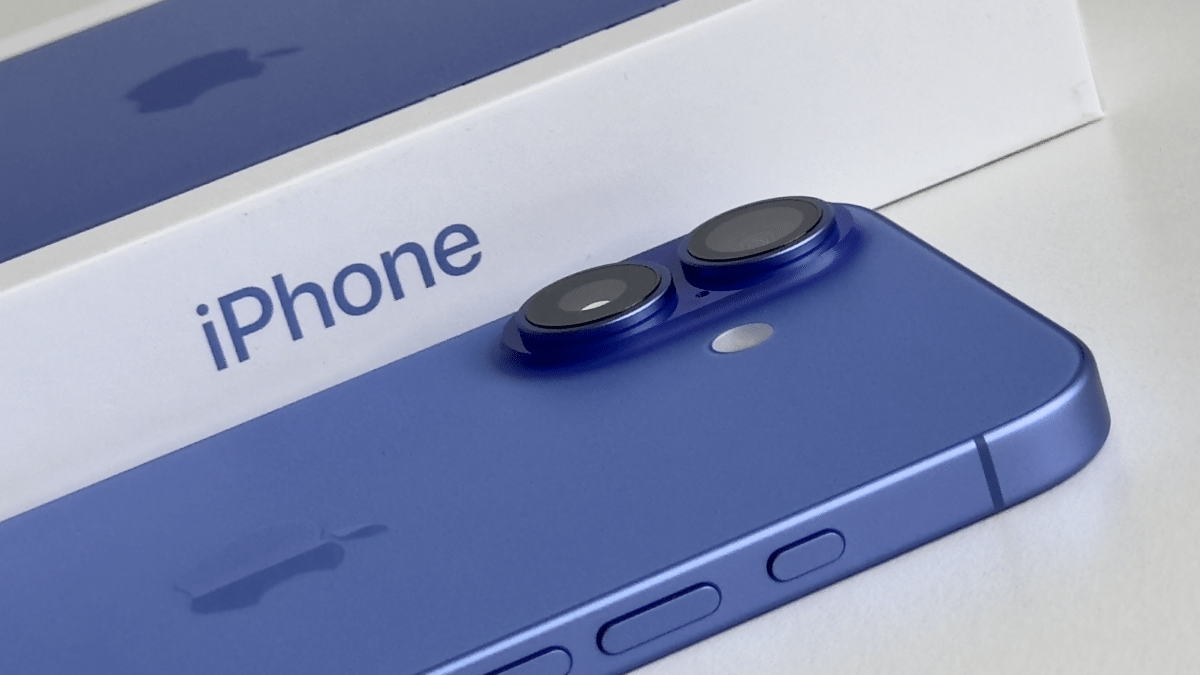Every fall there is a new iPhone: after that, people have been able to get the Apple Watch for many years. But does this rapid product succession make sense if only evolutionary innovations are to be expected – this time with the iPhone 16, for example new SoCs and camera controls for all models, plus more screen space for the Pro devices? In some cases, Apple also seems to see it that way, at least for model series outside of smartphones. But these internal considerations leaked in the last few days have stimulated a debate about putting the brakes on the iPhone.
Advertisement
Annual upgrades are already not always on track
The cycles on the Mac are already not as regular as on the iPhone. The MacBook Air and Pro adhere to a tight annual cycle, with the dates sometimes jumping from summer to spring (MacBook Air) or from autumn to spring (MacBook Pro – the latter also due to Corona). Apple has now taken more time with the Mac mini and iMac, as has the Mac Studio and Mac Pro. There is no real strategy apparent with AirPods either; with iPads, the mini and standard versions in particular are lagging behind.
The current rule is that software is presented in the summer (at the WWDC developer conference) and hardware is presented in the fall. However, as mentioned, this does not apply to all products. According to the latest report from the financial news agency Bloomberg, Apple is now planning to become more “fluid” overall with its publications – as can be seen from Apple Intelligence. It was openly admitted there that the functions would be rolled out over a period of months – rather frustrating for users, especially when new devices like the iPhone 16 are advertised with them.
Slow conversion of form factors
However, it is currently unlikely that the iPhone will also have a cycle lasting several years. It simply sells too well for that and is Apple’s typical big revenue generator, despite comparatively small steps. Completely new form factors are now only expected every few years – for example with the “iPhone 17 Slim / Air”, which could come in 2025. Foldables have been expected for many years, but so far the technology does not seem to meet Apple’s quality standards.
When it comes to software, Apple is also currently strictly sticking to the annual cycle. Not everyone likes that either – especially with macOS, which unfortunately regularly makes unwanted changes.
(bsc)

